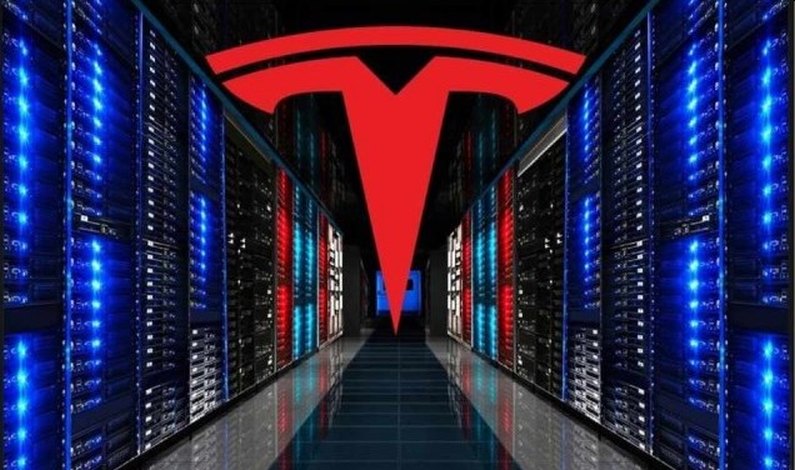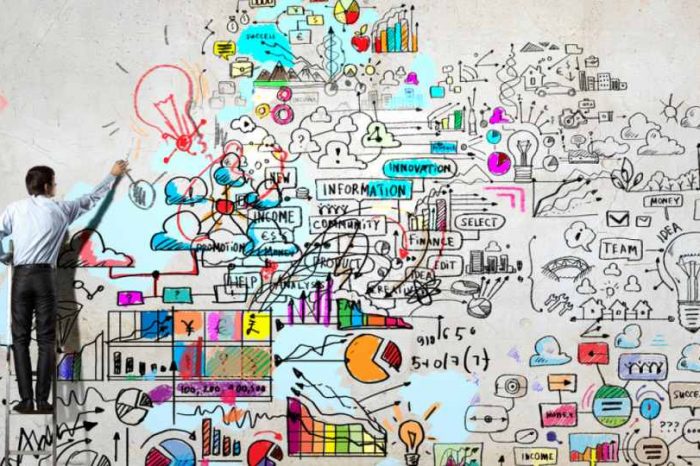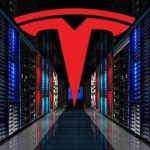Tesla is building Dojo, an AI supercomputer for robo-taxis that could add $600 billion to its market value

Three years ago, Tesla’s CEO Elon Musk announced on Twitter that the company was developing a powerful AI supercomputer named Dojo “to process a vast amount of video data” from the millions of Tesla vehicles on the road.
The new AI supercomputer uses Tesla’s second-generation D1 chip, which is made using advanced seven-nanometer technology. The chip is incredibly fast and it’s capable of 362 TFLOPs ( 362 trillion) calculations per second.
“Tesla is developing a NN training computer called Dojo to process truly vast amounts of video data. It’s a beast! Please consider joining our AI or computer/chip teams if this sounds interesting, ” Musk tweeted.
Tesla is developing a NN training computer called Dojo to process truly vast amounts of video data. It’s a beast! Please consider joining our AI or computer/chip teams if this sounds interesting.
— Elon Musk (@elonmusk) August 14, 2020
Fast forward three years later, Tesla revealed in July that the company would invest $1 billion in its Dojo supercomputer over the next year. This investment aims to enhance the ability of its self-driving cars as it beefs up video recognition capabilities for its autonomous cars.
“I think we will be spending something north of $1 billion over the next year on – through the next year, it’s well over $1 billion in Dojo,” Musk said during an earnings call.
Tesla’s $600 Billion AI Supercomputer Business
Just two months after Tesla’s announcement of investing $1 billion in their AI supercomputer, Wall Street analysts are now estimating that this move could increase the company’s market value by a staggering $600 billion.
Morgan Stanley analysts said in a note that Tesla’s Dojo supercomputer has the potential to drive a significant increase of nearly $600 billion in the company’s market value. According to the analysts, the boost would be driven by the accelerated adoption of robo-taxis and its software services. Following this announcement, Tesla’s stock saw a 6% rise in premarket trading on Monday, Reuters reported.
In July, Tesla started the production of its Dojo supercomputer. The new supercomputer is designed specifically for training artificial intelligence. It’s equipped with racks filled with Tesla’s very own D1 chips. These D1 chips are quite impressive, delivering a whopping 22.6 teraflops of FP32 performance. They contain a staggering 50 billion transistors and can handle data at a blazing-fast rate, with 10TBps of on-chip bandwidth and 4TBps of off-chip bandwidth.
“That’s what Dojo is designed to do – optimize for video training. It’s not optimized for LLMs. With video training, you have a much higher ratio of compute-to-memory bandwidth, whereas LLMs tend to be memory bandwidth,” Musk said.
According to the report, Dojo will use artificial intelligence to help teach its self-driving cars. The supercomputer can also open up new opportunities beyond just selling cars. It can help all sorts of devices with cameras make quick decisions based on what they see.
Because of Dojo’s potential, Morgan Stanley analysts upgraded Tesla’s stock rating and made it their top choice. They think Tesla’s stock could go up by 60% in the next year and a half, making the company worth about $1.39 trillion.
This is a big increase from Tesla’s current value of $789 billion. The stock went up about 6% in premarket trading on Monday.
Morgan Stanley believes Dojo will be most valuable for Tesla in software and services. The analysts also think Tesla’s network services could make $335 billion in 2040, more than double their previous estimate.
Tesla’s Dojo can open up new addressable markets that “extend well beyond selling vehicles at a fixed price,” Morgan Stanley analysts led by Adam Jonas said in a note on Sunday.
“If Dojo can help make cars ‘see’ and ‘react,’ what other markets could open up? Think of any device at the edge with a camera that makes real-time decisions based on its visual field.”
“Jonas expects the unit to account for over 60% of the company’s profits by 2040. for more than 60% of Tesla’s core earnings by 2040, nearly doubling from 2030,” Reuters wrote.
“This increase is largely driven by the emerging opportunity we see in third-party fleet licensing, increased ARPU (average monthly revenue per user).”
Meanwhile, Tesla’s stock is currently much more expensive than traditional car companies like Ford and General Motors when you compare how much you pay for each dollar of profit they make.

